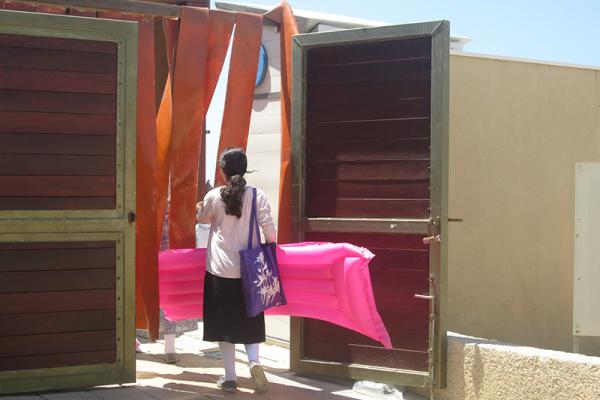Aug 25, 2016
While some European beaches are banning women dressed in “burkinis” and other modest swimwear, and Americans are challenging women’s-only swimming hours at public pools, this Israeli beach has long been a haven for women whose strict religious beliefs, community norms or fears of sexual harassment, among other reasons, make swimming or sunbathing alongside men undesirable, even impossible.
Read the Full Article

Already a subscriber? Login
